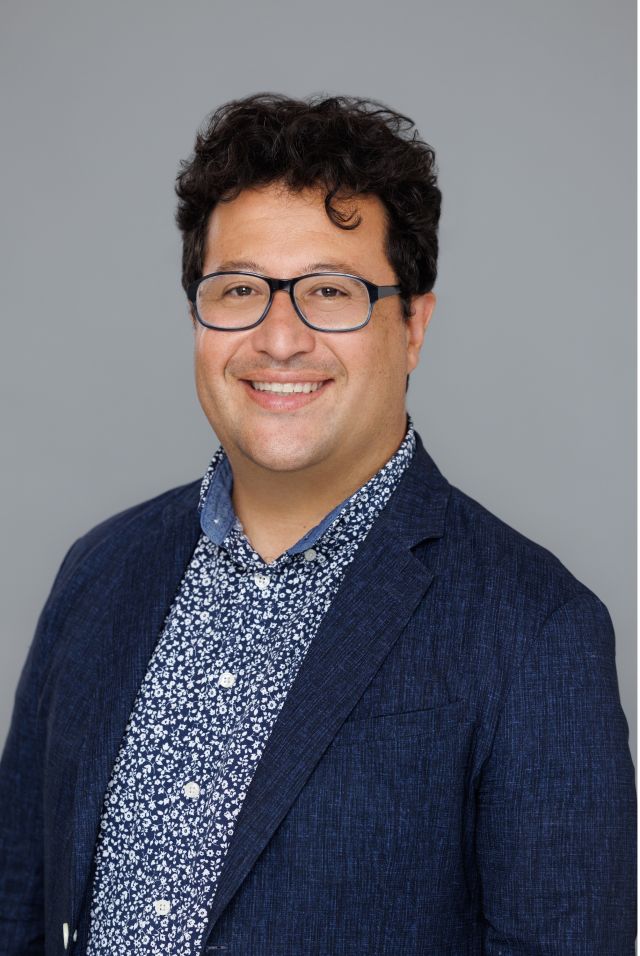Carlos Lopez, Ph.D., Altos Laboratories - Model Certainty in Biochemical Reaction Networks

Speaker:
Carlos Lopez, Ph.D.
Lead, Multiscale Modeling Group + Principal Scientist
Altos Laboratories
Faculty Host
Title: Model Certainty in Biochemical Reaction Networks
Abstract:
Mathematical models are often used to explore network-driven cellular processes from a systems perspective. However, a dearth of quantitative data suitable for model calibration leads to models with parameter unidentifiability and questionable predictive power. Here we explore how different data types can inform a mechanistic model using a combined Bayesian and Machine Learning Measurement Model approach to explore how quantitative and non-quantitative data constrain models of apoptosis execution within a missing data context. We find model prediction accuracy and certainty strongly depend on rigorous data-driven formulations of the measurement, and the size and make-up of the datasets. For instance, two orders of magnitude more ordinal (e.g., immunoblot) data are necessary to achieve accuracy comparable to quantitative (e.g., fluorescence) data for calibration of an apoptosis execution model. Notably, ordinal and nominal (e.g., cell fate observations) non-quantitative data synergize to reduce model uncertainty and improve accuracy. Finally, we demonstrate the potential of a data-driven Measurement Model approach to identify model features that could lead to informative experimental measurements and improve model predictive power.
Bio:
Carlos F. Lopez received his BSc and BLA degrees from University of Miami, his PhD in Physical Chemistry from University of Pennsylvania, had a postdoctoral position at UT-Austin, and was the HW Pierce/King Trust Research Fellow at Harvard Medical School. Dr. Lopez has received multiple prestigious appointments and awards, including serving as the Vanderbilt University-Oak Ridge National Lab Liaison (2017-2019) and recently attaining an NSF CAREER Award (2019) and a member of the Maximizing Access Committee in ASBMB. His work employs novel theoretical, computational and modeling approaches, in combination with experimental data, to explain and predict cellular dynamic processes across multiple scales.